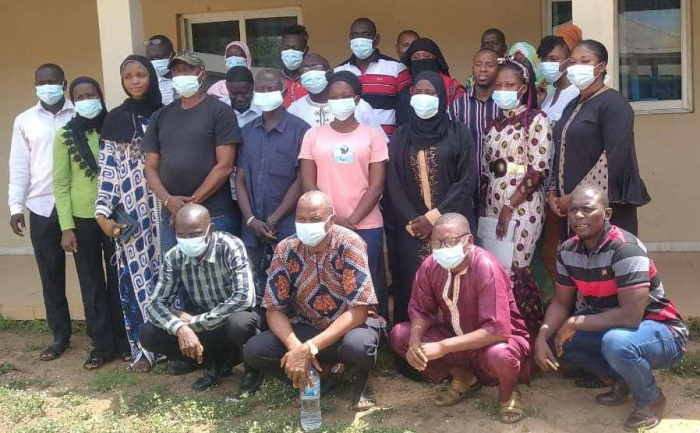
Ebrima Dibba was speaking at a four-day Training of Trainers (TOT) on basic nutrition held in Bwiam. The event was organised by the National Nutrition Agency with funding from the World Food Program through the Japanese fund.
“This in turn can reduce the risk of one becoming anaemic. Human beings affect their health and well being through unhygienic behaviours. The health and well being of an individual is greatly affected by his or her personal cleanliness and therefore, it is advisable to take bath at least twice daily.”
Dibba reminded that it is also health wise for one to wash their hands properly before eating or preparing food and to wear clean clothing while preparing food.
“Proper and hygienic disposal of faeces is one of the most effective environmental sanitation measures for Preventing or reducing disease transmission in our Communities.”
He stressed on the need the need to construct more pit latrine sites away from existing wells as it may contaminate or pollute the underground water supply.
“Distance from the kitchen should be reasonable, at least the amount of space available should be enough,” he added.
Alieu Kujabi, principal programme officer at NaNA, emphasised that an effective national food control system is essential in protecting the health and safety of consumers.
He reminded that government and local authorities at all levels are responsible for establishing and managing an enabling institutional policy and regulatory framework for food safety, animal and plant health.
“Food processors, handlers, manufacturers, and retailers have the primary responsibility of delivering safe food to consumers,” he said.
Good hygienic practices, he argued should be employed throughout the food chain: from primary production to the final consumer.
Kujabie noted that the training on hygiene is fundamentally important to any food production and processing system.
Read Other Articles In National News

Gambian Nollywood actor calls for collaboration among filmmakers
Jan 29, 2025, 11:37 AM




